6 Ways to Properly Potty Train Your Puppy
Dogs are lovely. But unfortunately, no matter whether it’s a rare breed or the most popular breed in your state, puppies aren’t born to be housetrained. Learning how to potty train a puppy at the right time and place is the most important first step you can take to a long and happy life together. As you train, don't worry about setbacks. They will learn as long as you continue with a management plan that includes taking your puppy out at the first sign that it needs to go away and offering a reward. Here are the tips that animal behaviorist suggest to potty train your puppy.
1. Using a Crate to House Train Puppy
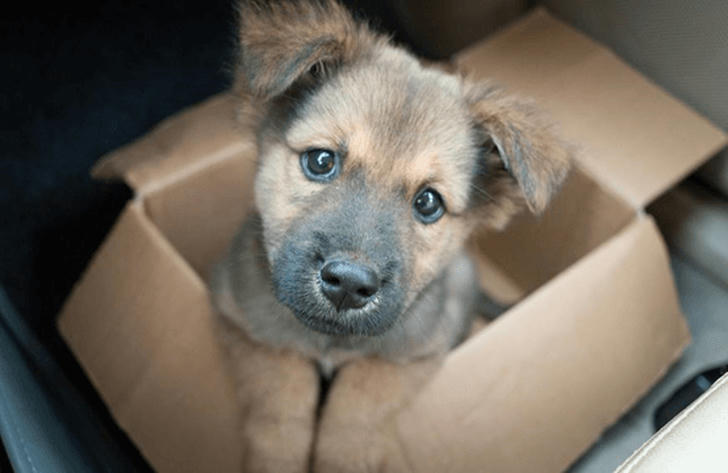
A crate can be a good idea for house training your puppy, especially when they are young puppies. Dogs are den animals and will look for a small kennel for safety, whether or not you provide one. This makes it relatively easy to train your dog to love her crate. It will also allow you to keep an eye on them for signs they need to go and teach them to hold it until you open the crate and let them outside. Make sure it is large enough for the puppy to stand, turn around and lie down.
2. Find a favorite spot
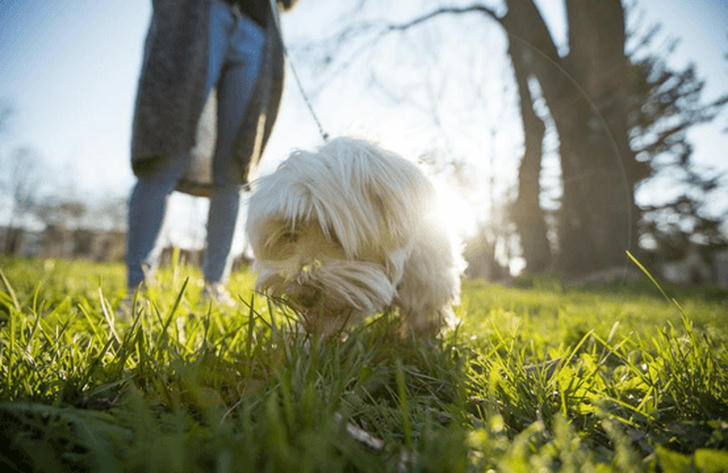
First of all, bring your dog to the same area of the yard or the park so they will start to associate that spot with elimination. Repeat the same phrase, such as "go pee," every time you see the dog start urinating. The idea is to get the dog to associate phrases with actions, so in the future, the puppy will hear you and know what to expect.
3. Don’t skimp on trips outside
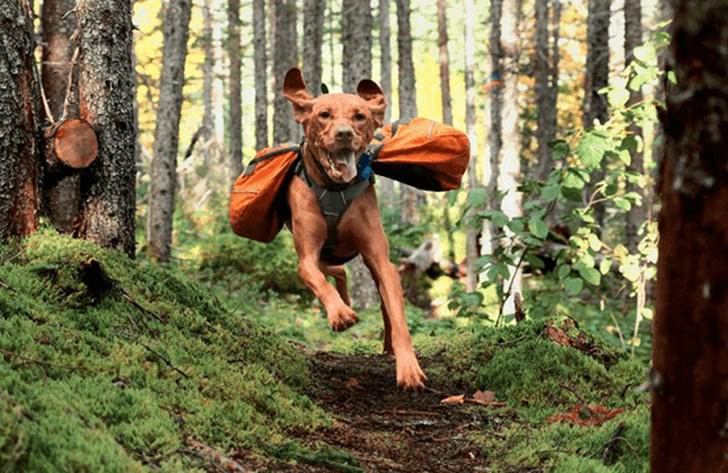
Those morning and evening trips are crucial, but don't forget to take your puppy out regularly throughout the day. Take the puppy out to eliminate first thing in the morning, then every 30 minutes to an hour. Also, be sure to take them out after a meal or when you wake up from a nap. Make sure they get out at night and one last thing before being left alone.
4. Don’t expect too much at first
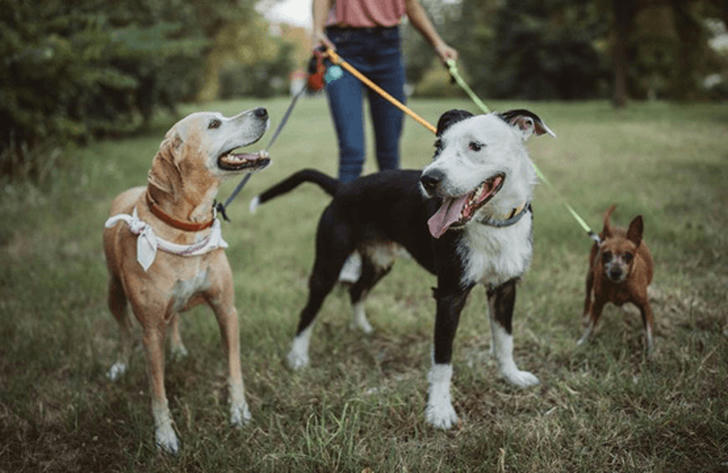
The best age to start getting serious about housetraining is when your puppy turns 3-4 months old. Before 12-16 weeks, you should not expect your puppy to ‘hold it’ for any length of time Like babies, tiny dogs have tiny bladders, and they’re not born knowing where and when to let loose. Ideally, by this point, you’ve already been taking the pup out frequently and joyfully rewarding it when it does go.
5. Control the Diet
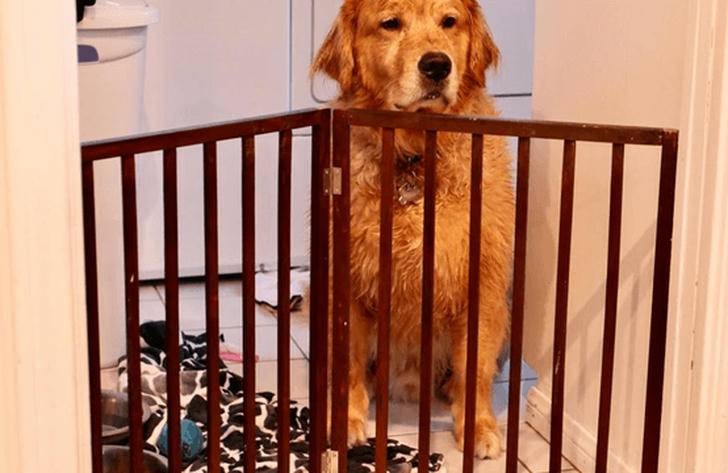
Puppies' digestive systems are immature, so they can't really handle large amounts of food. That's why it's recommended that you divide your puppy's feeding schedule into three smaller meals. Another thing to keep in mind is the food itself, it should be the highest quality puppy food. Whatever you choose, make sure it matches your puppy.
6. Use treats and praise
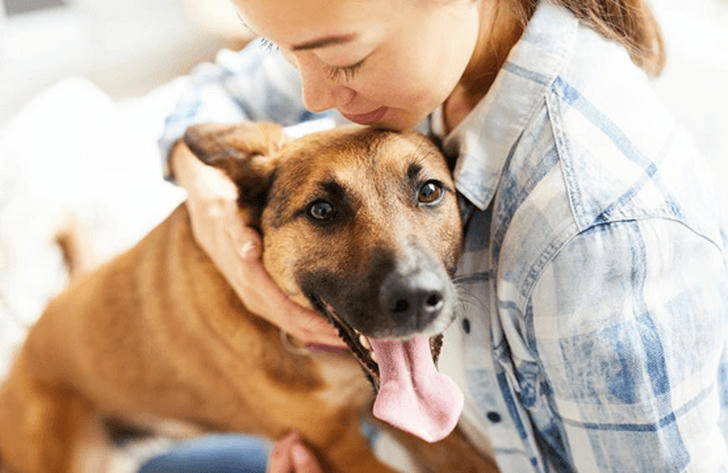
Blaming the puppy for soiling your carpet, especially after the fact, doesn't do anything but make her think you're a lunatic. Never be afraid to praise your dog for doing business outdoors - that's what you want, so be generous with happy words and a happy tone. Food is fine, especially at first, says Birch, but ideally, once the puppy gets the hang of it, you start cutting back on treats and relying on verbal praise.

